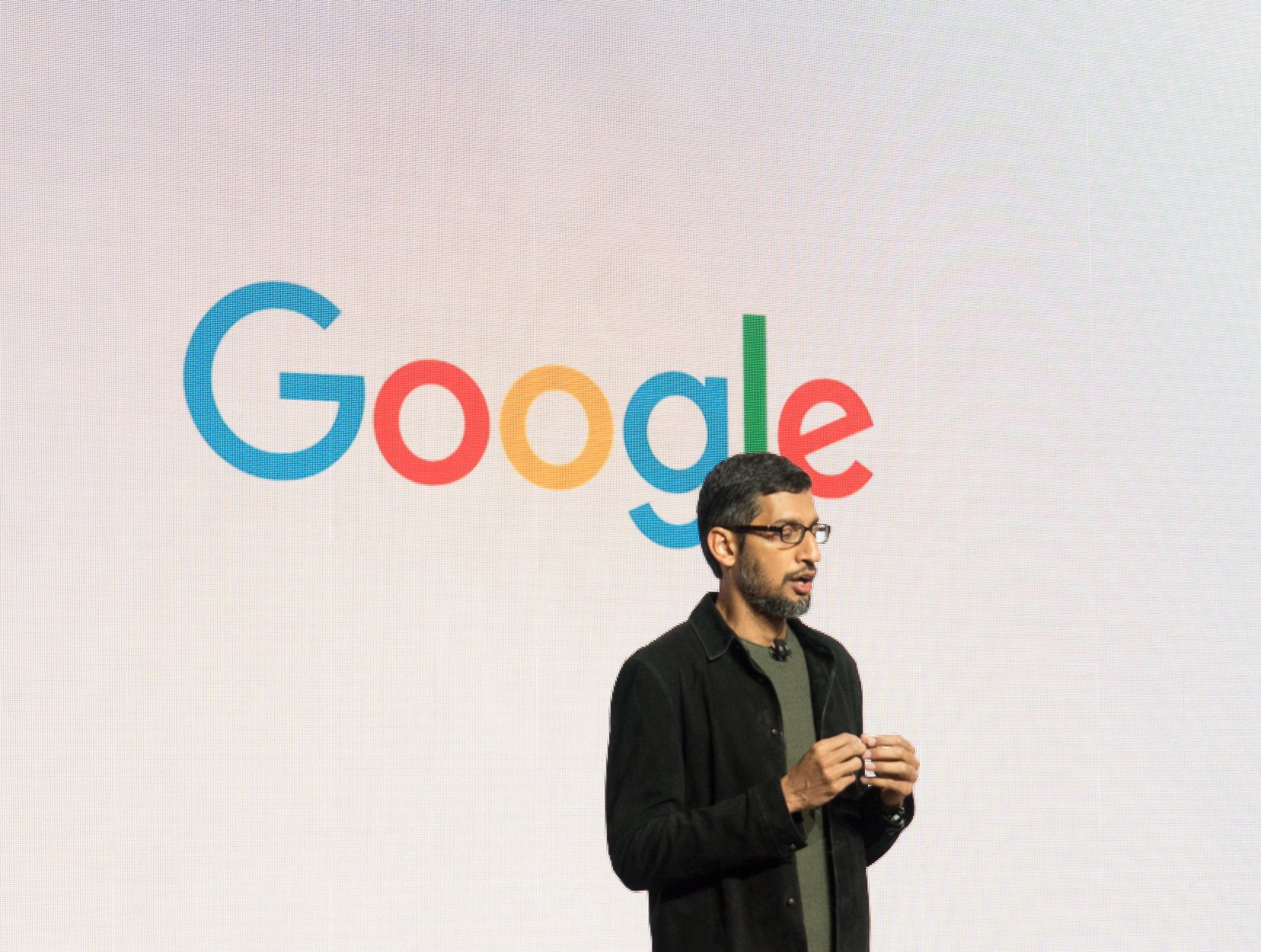FLoC is a decent solution to the tracking cookies mess, but with Google behind it, competitors and other businesses are leery.
FLoC (Federated Learning of Cohorts) is Google's answer to "fixing" online advertising. It's not a bad solution at all if you look into the tech. Instead of tracking you using cookies (something almost every advertiser does now), it uses your machine and an algorithm built into Chrome to place you into anonymous groups that will receive targeted ads.
The idea, which is still in the works but is available as a Chrome Dev demo, has already done a lot of good, just not how Google has hoped. When a behemoth the size of Chrome — which holds about 60% of the web browser market — makes a change like this, it opens a lot of eyes to just how bad third-party tracking cookies are.
Google's plans for FLoC aren't going as well as it hoped.
We've seen companies like Apple and Mozilla try to tackle third-party cookies, but without the mindshare that Chrome holds, their solutions didn't make the same sizable ripples. Now, almost everyone who cares knows that cookies have become really, really bad.
But Google's plans for FLoC aren't going so well. We've seen companies like WordPress and Duck Duck Go say they will not support the technology, and even Microsoft hasn't turned on FLoC in Edge. Now, the EU is looking into the matter.
The problem is that FLoC can be good for consumers, but it also could strengthen Google's grip on online advertising. It doesn't have to be this way, but looking at Google's past tells a story where plenty of regular people, competitors, and regulators just don't trust the Mountain View giant. I can't say that I blame them.
FLoC can preserve our privacy if done right.
If FLoC works as advertised, you will remain "anonymous" to Google in regards to web browsing tracking. It changes nothing about how Google tracks other usage, but it does decrease the amount of data Google holds about you. And this is (so far) Chrome only — if you have even the best Android phone, it will still call home to Google for everything it already does.
I think if this idea had come from another company, like Apple or Mozilla, there would be a lot less outcry. I also think that everyone needs to look long and hard at how Google could abuse the new technology and try to put safeguards in place to make sure it can't happen. The EU forcing Google to make some changes to how the system works is much more effective than a fine or blocking the tech outright and forcing millions of users to keep accepting cookies or have a broken internet.
This can be done, too. FLoC is a Google invention (senior mathematician Michael Kleber is in charge of the project currently), but it is also completely open-source. Google will give out everything for other companies to use except the algorithm that powers the API. I'd love to see this particular algorithm be forced into an open-source environment by the EU as a permanent fix.
Google deserves this level of scrutiny because it has shown itself to be less than trustworthy.
This is the sort of treatment that Google deserves. I know plenty of people reading this might like Google as a company and think that I'm being too hard on it, but Google has done some really shady things. If someone at Duck Duck Go thinks that Google will abuse this new tech to tighten its grip on the online ad industry, I find it hard to argue with them. We've seen Google get fined, censured, and blocked plenty of times in the past 10 years, and it's mostly the company's own fault.
What I don't want to see is such promising tech for privacy improvements die on the vine just because evil Google is behind it. That kind of thinking would mean we're all still using HotMail and checking out Brick Breaker on our sweet BlackBerry Curves. That's a pretty bleak idea, and I'm an admitted BlackBerry fan.
I do think that this will work itself out. Apple killing the online tracking/advertising model of companies like Facebook means someone somewhere has to come up with a solution. That solution is here, though still in its infancy. Maybe this is the one time all tech companies can work together to fix both online ads and our privacy.



Tidak ada komentar:
Posting Komentar